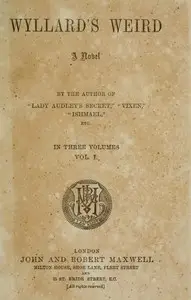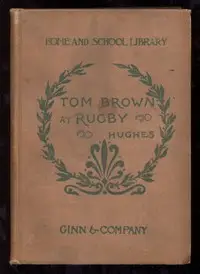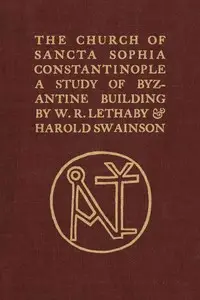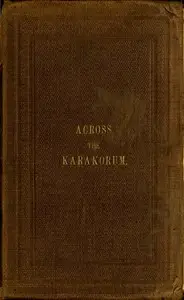"The Peace Negotiations: A Personal Narrative" by Robert Lansing is a historical account likely written during the early 20th century, reflecting on significant events surrounding the aftermath of World War I and the Treaty of Versailles. The narrative is provided from Lansing’s perspective as Secretary of State, who was directly involved in the peace negotiations and offers insights into the complexities and disagreements he had with President Woodrow Wilson regarding the formation of the League of Nations and the broader peace settlement. The opening of the text introduces Lansing's rationale for documenting his personal experiences during the Paris Peace Conference. He recounts the growing divisions between himself and President Wilson as the negotiations unfolded, elaborating on the state of their relationship and the decisions that ultimately led to his resignation. Lansing expresses his intention to clarify the differences of opinion that existed, particularly on key subjects such as the League of Nations and issues surrounding territorial guaranties. This prelude sets up an exploration of the intricate political dynamics at play during a pivotal moment in modern history, positioning the narrative not just as a memoir but as a vital historical commentary. (This is an automatically generated summary.)

The Peace Negotiations: A Personal Narrative
By Robert Lansing
"The Peace Negotiations: A Personal Narrative" by Robert Lansing is a historical account likely written during the early 20th century, reflecting on s...
Robert Lansing was an American lawyer and diplomat who served as Counselor to the State Department at the outbreak of World War I, and then as United States Secretary of State under President Woodrow Wilson from 1915 to 1920. A conservative pro-business Democrat, he was a strong advocate of democracy and of the United States' role in establishing international law. He was an avowed enemy of German autocracy and Russian Bolshevism. Before U.S. involvement in the war, Lansing vigorously advocated freedom of the seas and the rights of neutral nations. He later advocated U.S. participation in World War I, negotiated the Lansing–Ishii Agreement with Japan in 1917 and was a member of the American Commission to Negotiate Peace at Paris in 1919. However, Wilson made Colonel House his chief foreign policy advisor because Lansing privately opposed much of the Treaty of Versailles and was skeptical of the Wilsonian principle of self-determination.













